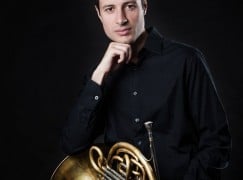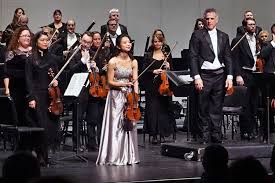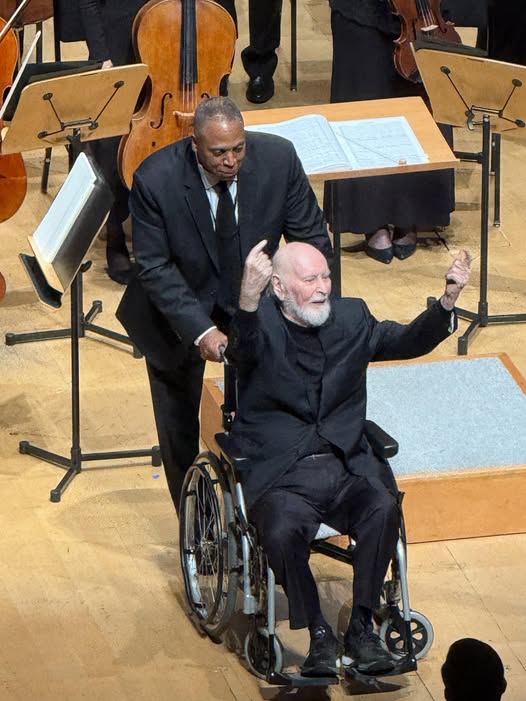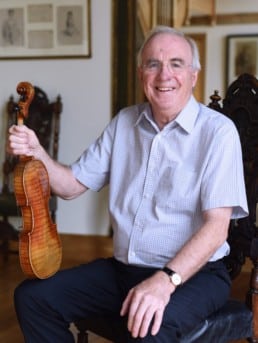Berlin appoints French horn
mainPierre Azzuro, 31, principal horn of l’Orchestre régional Avignon-Provence, has been named first horn at the Deutsche Oper in Berlin. Guess that’s why they call it the French horn (or is that only in English?)


Pierre Azzuro, 31, principal horn of l’Orchestre régional Avignon-Provence, has been named first horn at the Deutsche Oper in Berlin. Guess that’s why they call it the French horn (or is that only in English?)

The Southwest Florida Symphony has announced closure. FORT…

The Hollywood composer, 93, was due to conduct…

The conductor, who is suffering from the recurrence…

The violin world is in mourning for Charles…

Session expired
Please log in again. The login page will open in a new tab. After logging in you can close it and return to this page.
Comments